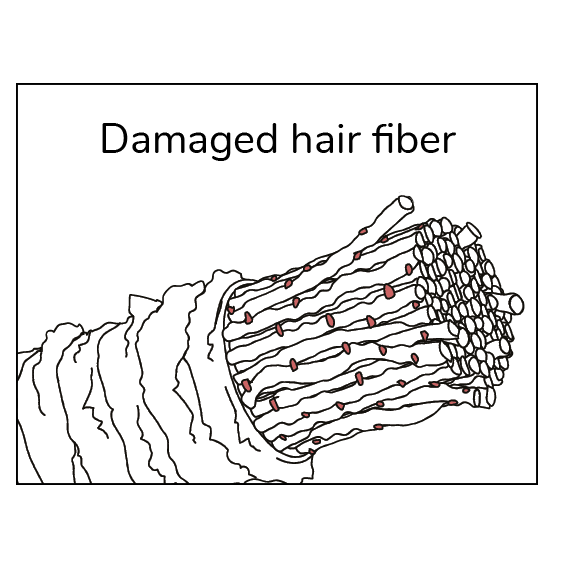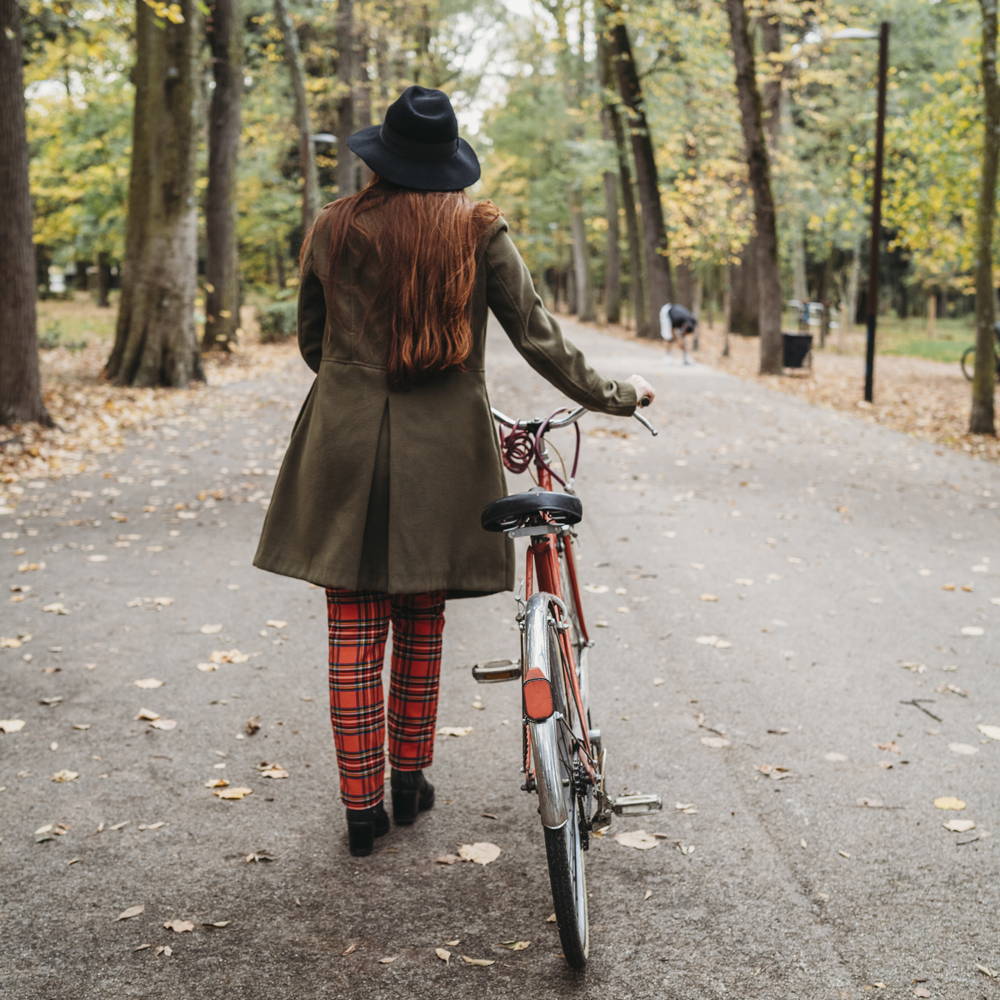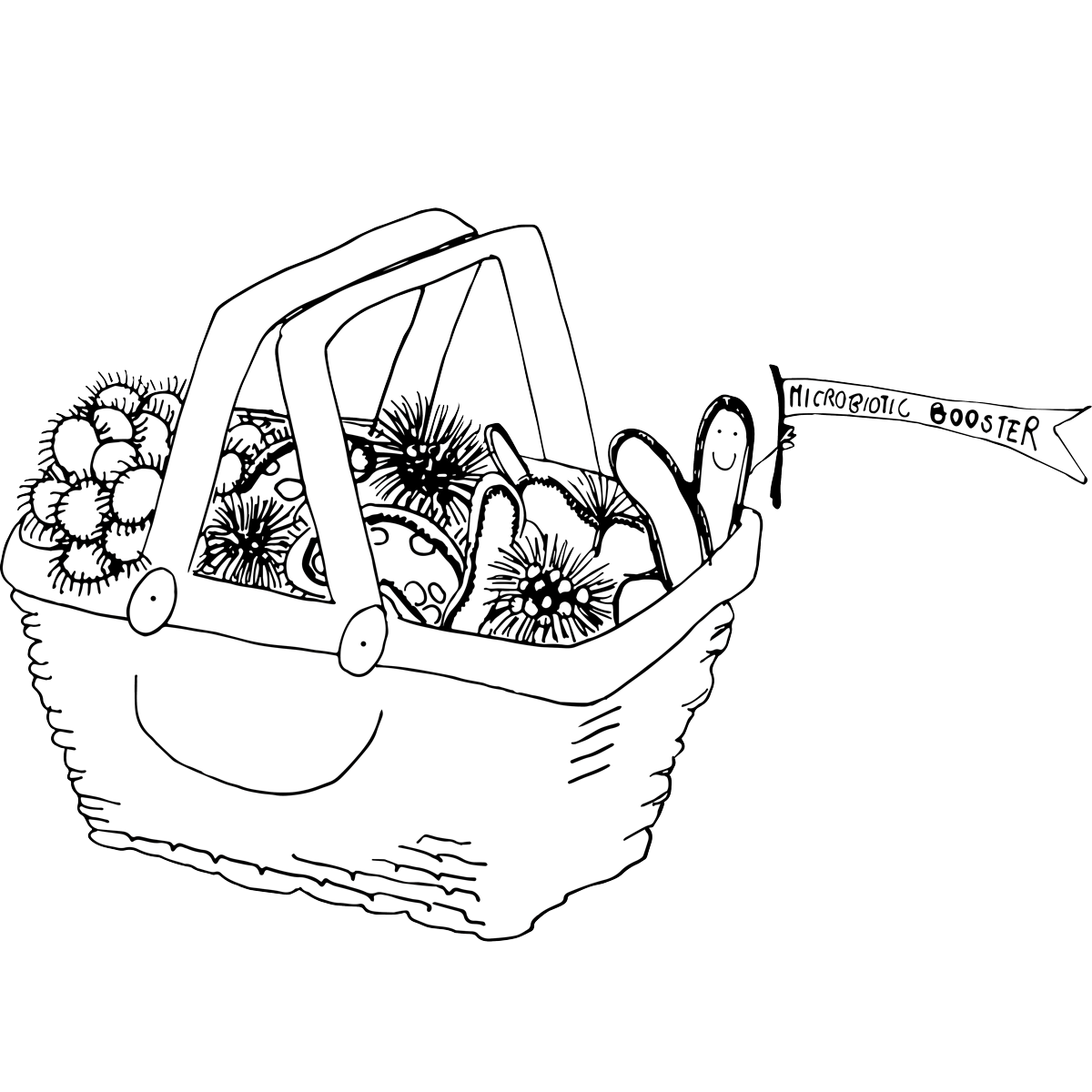Find out what affects the hair’s well-being and how to best care for it!
Most people know to care for their hair with the right shampoo, conditioner, masks and treatments, but now is the time to also focus on caring for your scalp. Why? Because healthy hair starts with the health of the scalp and its microbiota, a type of protective barrier, which is invisible to the naked eye.
The microbiota is a micro-ecosystem, made up of good bacteria that live on our skin (and by extension also on the scalp), as well as in our intestines and the other mucosas. The microbiota differs from person to person and depending on the area of the body. In any case, what’s important is that it’s made up of various types of microorganisms that maintain a balanced relationship, similarly to the biodiversity of our planet. Caring for the scalp and its population of friendly microorganisms means protecting the hair’s healthin a more comprehensive manner.
What affects the health of the scalp and of our hair?
- Air pollution
- UV rays
- Chlorine and salt
- Strong detergents
- Hot tools like hairdryers and flat irons
- Aggressive brushing
- The effects of time, as the hair has a natural tendency to recede, becoming thinner
Lifestyle for hair well-being: learn how to manage stress
Another risk factor is our emotional situation: while it would be nice if stress were to vanish with a snap of the fingers, in reality it can be a daily struggle for some people. For the sake of your hair (and overall) health, it’s important to learn how to manage stress:
- Try to maintain optimism
- Exercise every day, if possible: a brisk walk or half an hour on the bike are enough
- Organize your time and drop whatever isn’t really urgent or important
- Make time for yourself: take up a hobby that makes you happy!
- Don’t isolate yourself: even if the restrictions we live under don’t facilitate socializing, keep in contact with friends, relatives, colleagues, etc. and, when possible, go out with them
How to care for the scalp and hair
While it’s true that not all factors that threaten the health of our hair and scalp can be controlled, you can nevertheless pay attention to how you treat your hair:
- Use gentle shampoos that don’t ruin the balance of the skin’s microbiota and which are as suited as possible to your need for hydration, nutrition or fight against hair loss, dandruff, or sebum
- Apply hair and scalp masks regularly, depending on your needs
- Support your scalp’s microbiota with the right hair products
- Regulate the hairdryer so that it’s not too hot: the same applies to flat irons, to be used in moderation.
- Brush and comb gently
- Put your trust in professionals when it comes to chemical treatments: coloring, bleaching, etc
And the microbiota? What does it do?
We’re used to associating bacteria with illness and disease; on the contrary, the microorganisms of the microbiota protect us. On the one hand, they control the effectiveness of cell metabolism (that is to say, the turnover and reconstruction of tissues); on the other hand, they keep a watchful eye on our immune system, i.e. on the mechanisms that defend us from pathogens.
What does all this mean for the health of our hair? It changes the way we think of the hair’s well-being, which is the result of a healthy scalp. Healthy skin can renew itself and activate its natural defences only if the microbiota is balanced and in top form.




